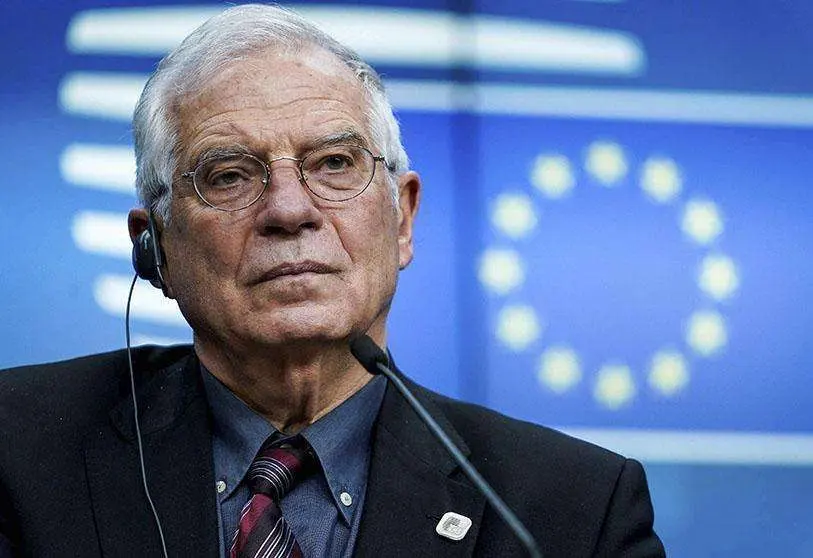EU: latest decisions in Nicaragua hinder credible elections

The European Union (EU) said Monday that the decision by Nicaragua's Supreme Electoral Council (CSE) to remove the opposition Citizens' Alliance for Freedom (CxL) from the election process, three months before the elections, hinders the possibility of legitimate and credible elections.
European Union (EU) High Representative for Foreign Policy Josep Borrell said in a statement that Nicaraguan President Daniel Ortega and Vice President Rosario Murillo "want to win the elections without competition".
"Their decision, implemented by the Supreme Electoral Council on 6 August, to strip the last remaining opposition political party of legal personality ahead of November's general elections, shatters the prospects for a legitimate and credible electoral process," he said.
The EU considers that "the opposition has been eliminated" and that Nicaraguans are being deprived of the right to vote "in credible, inclusive and transparent elections, in accordance with the Nicaraguan Constitution and international human rights laws and standards".

It also recalled that the EU-27 condemned "the adoption of restrictive laws, the continued systematic repression and arbitrary detention of presidential pre-candidates, opposition leaders, student and peasant movement leaders, journalists and business representatives".
"President Ortega and Vice President Murillo must stop this autocratic spiral and change course," the statement said.
The EU also urged the Nicaraguan authorities to "release all political prisoners, reintegrate political parties, repeal restrictive laws and allow free and fair elections with the aim of reconciliation and a democratic solution".
The civic unity of all social, economic and political actors in Nicaragua in favour of peaceful democratic change "remains indispensable to build a better future", the communiqué adds.

In this context, it indicates that the EU "will work with the international community to defend dialogue and democracy and promote respect for the rule of law and human rights in Nicaragua".
On 2 August, the EU imposed sanctions on eight more people in the context of the political crisis in Nicaragua, including the vice-president and wife of Ortega, Rosario Murillo.
The sanctions regime against Nicaragua was first adopted in October 2019, after the Council repeatedly expressed its concern about the deteriorating political and social situation in Nicaragua and condemned the repression since April 2018 against political opponents, protesters, independent media and civil society. On 4 May 2020, the Council adopted the first restrictive measures against six individuals.










